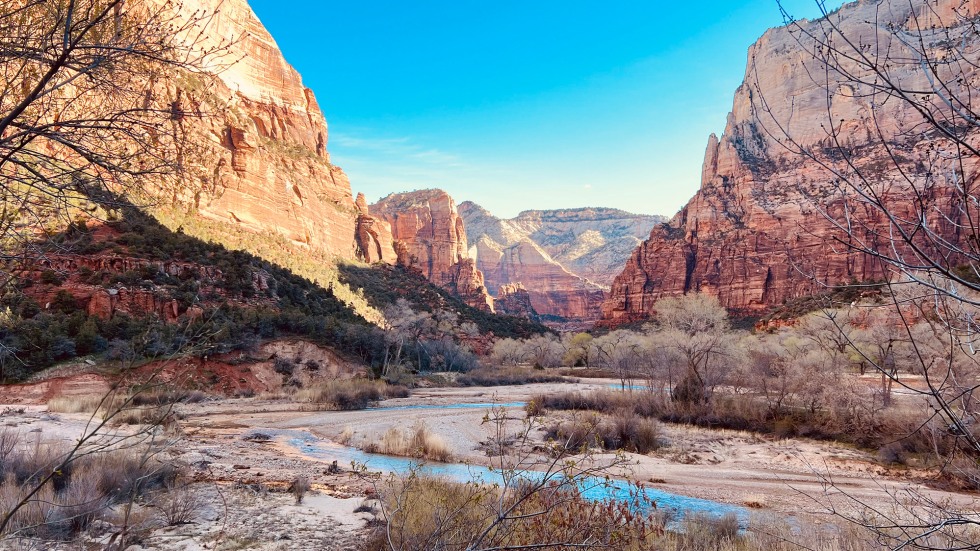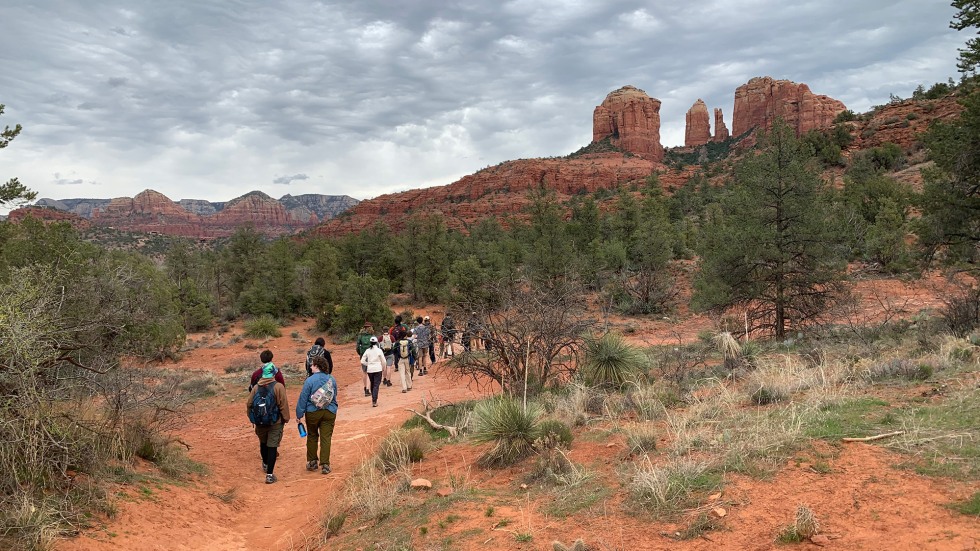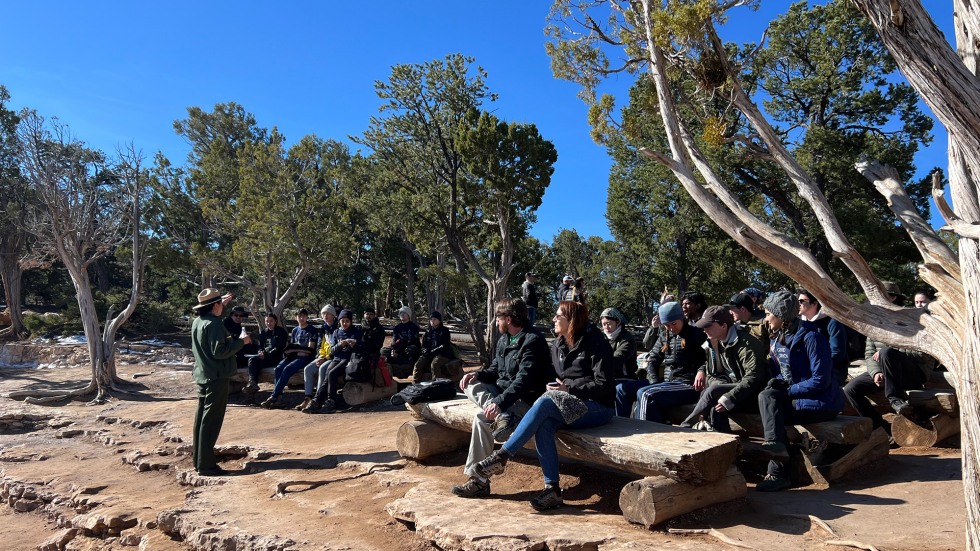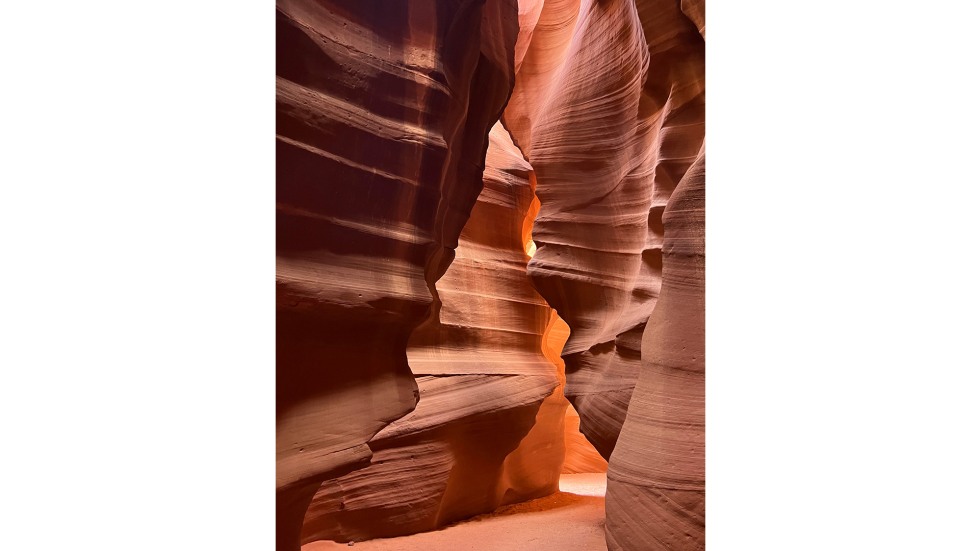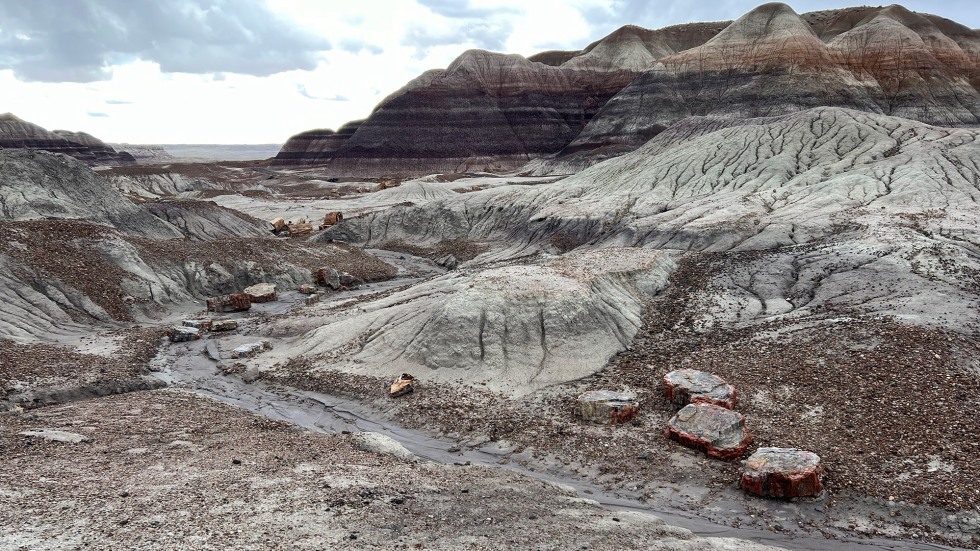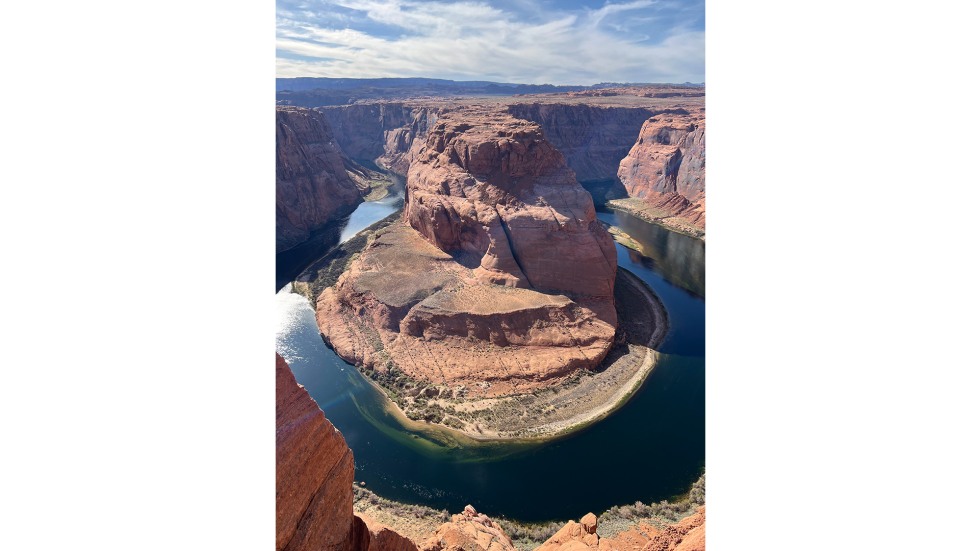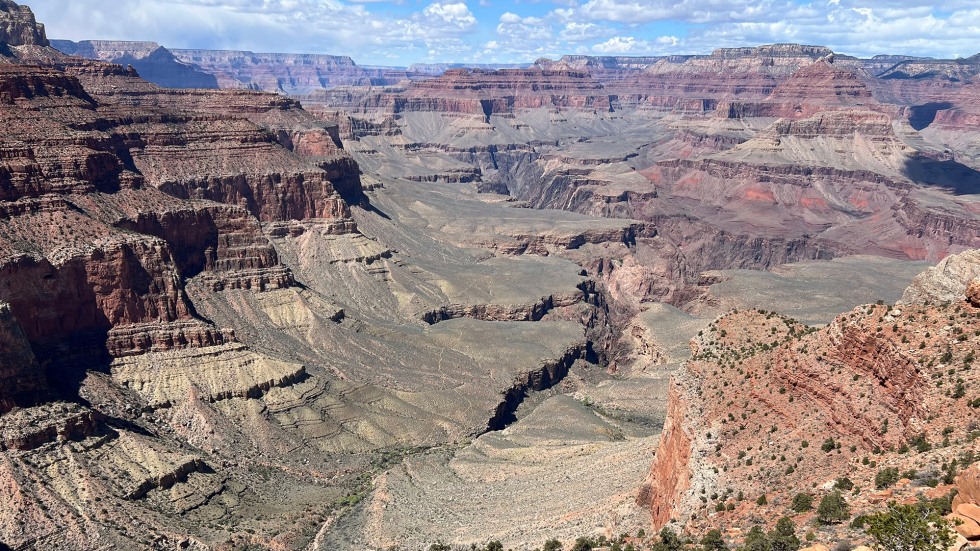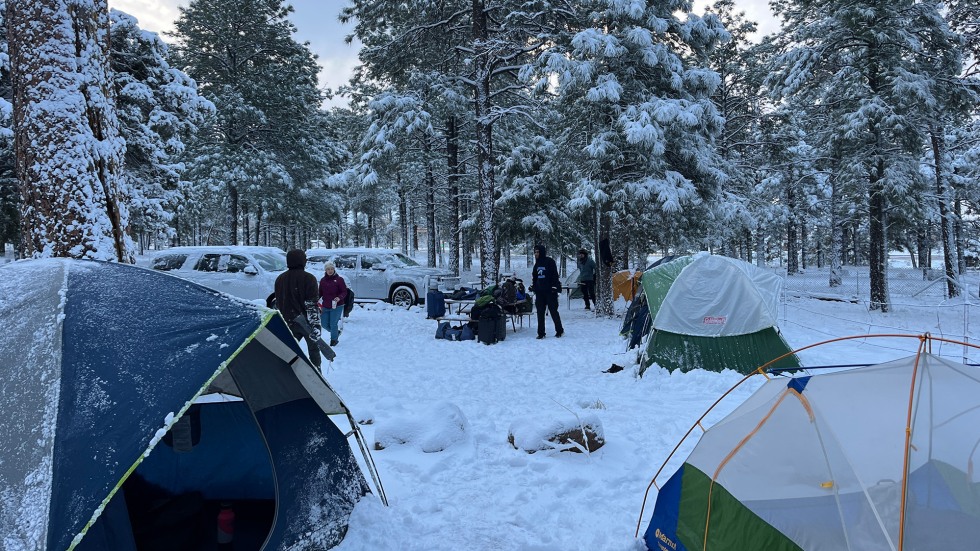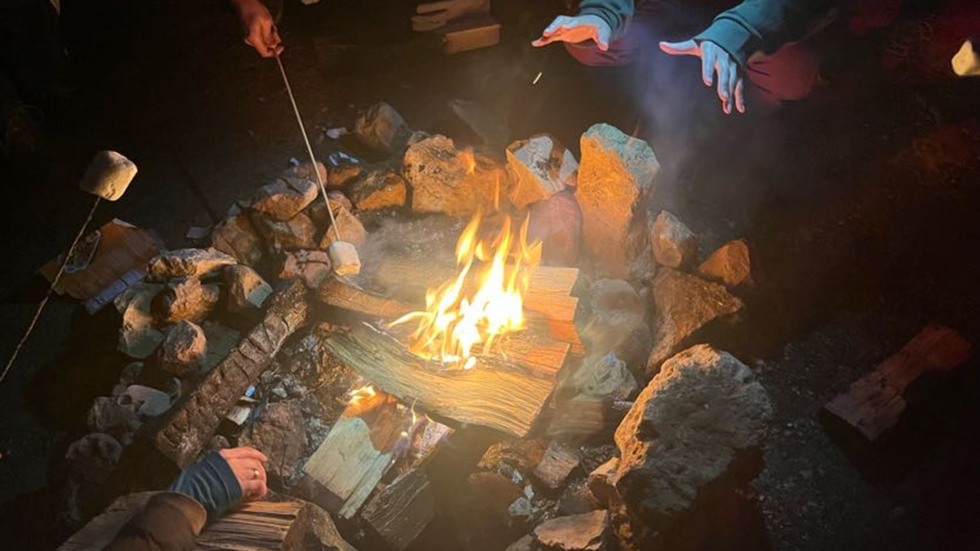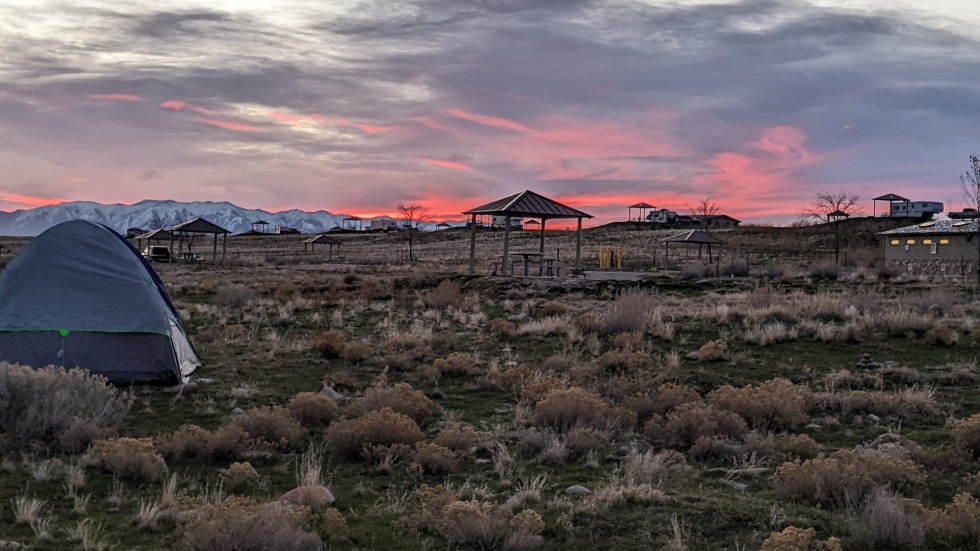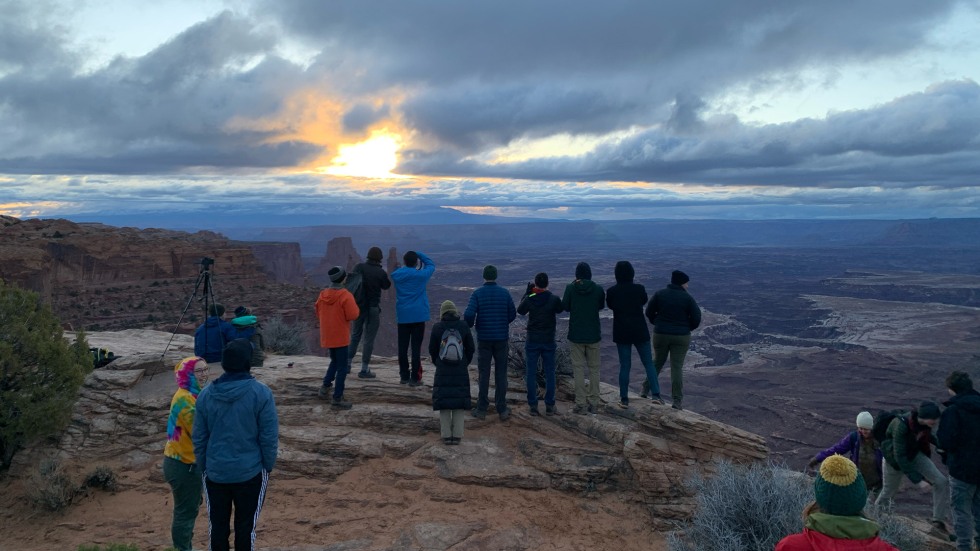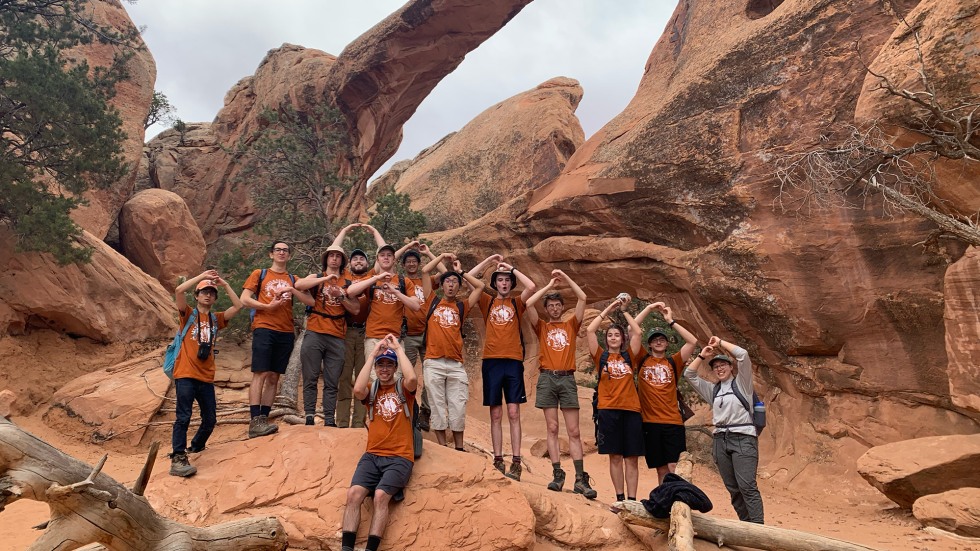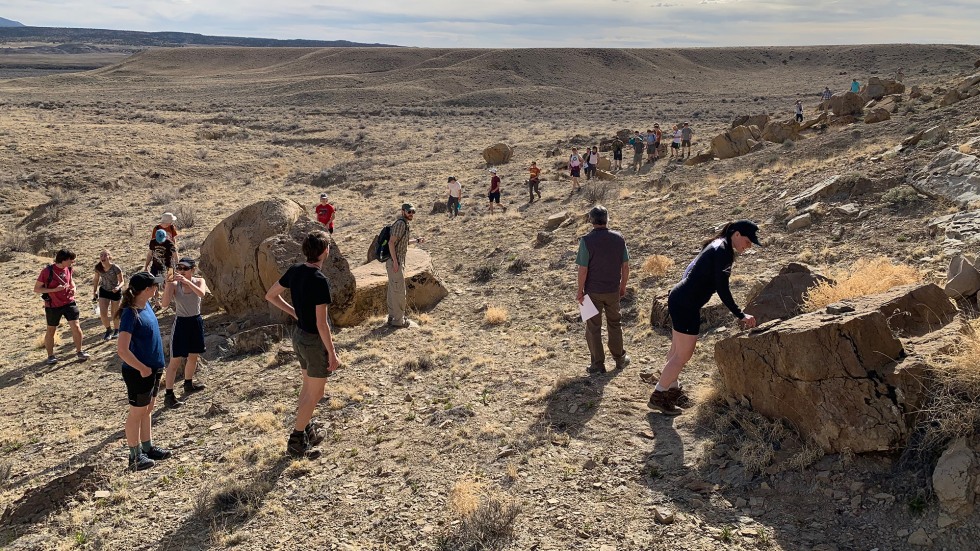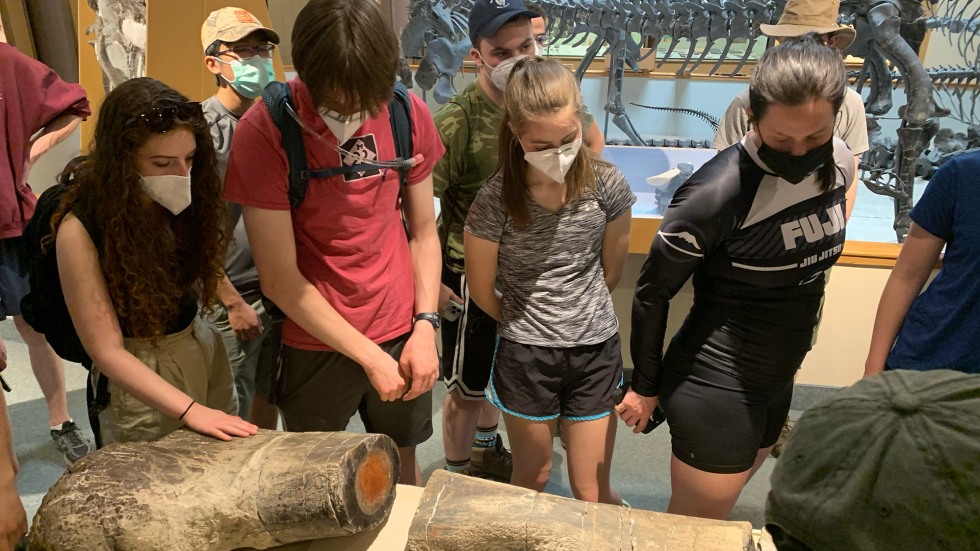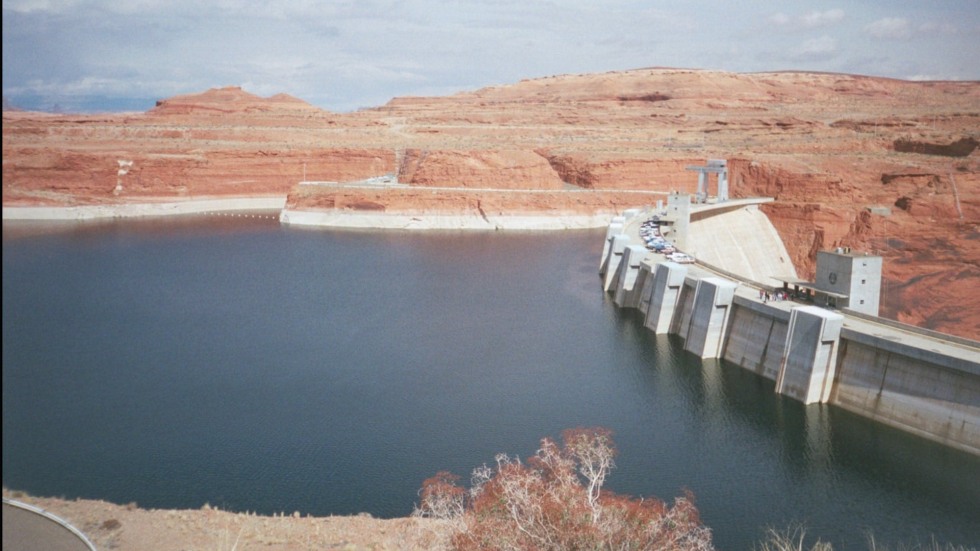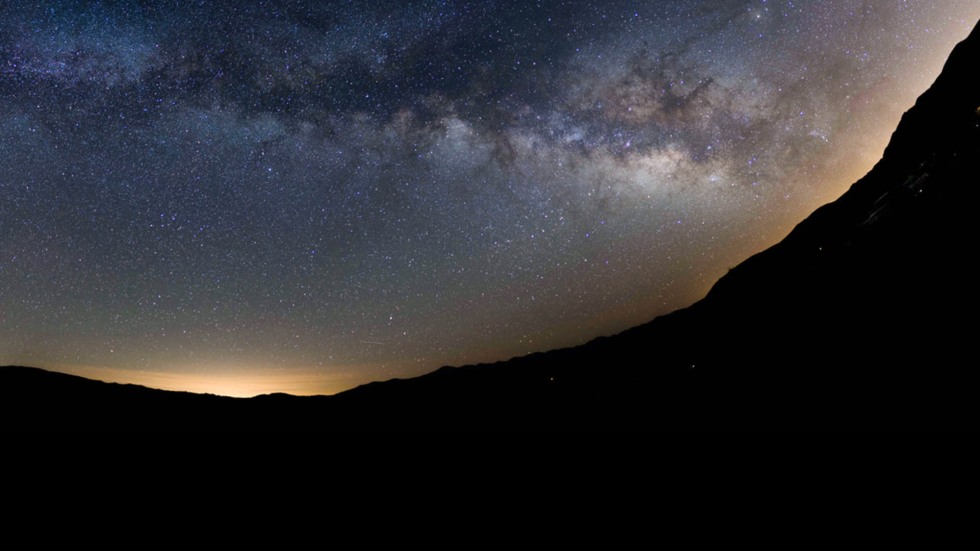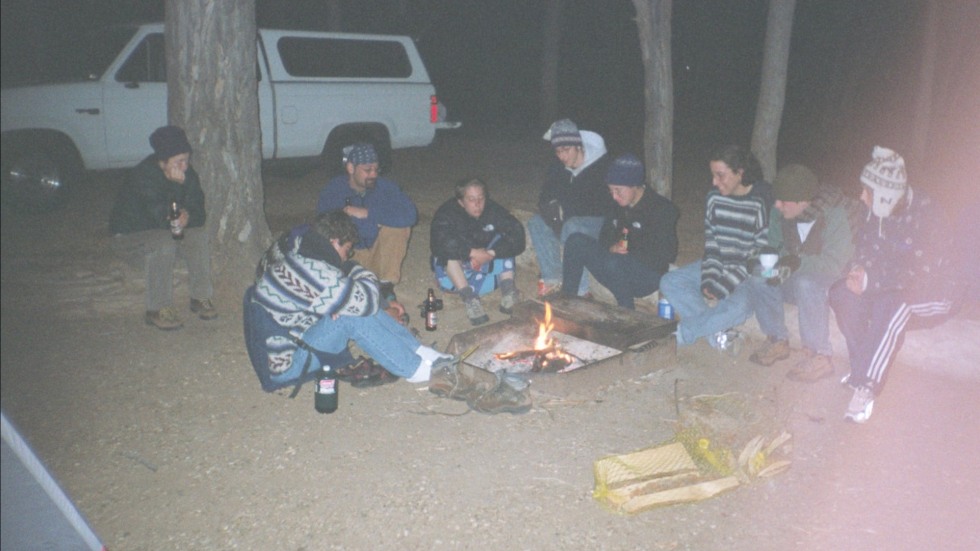PROVIDENCE, R.I. [Brown University] — Every year during spring break, students from Brown University’s Department of Earth, Environmental and Planetary Sciences ditch classrooms and textbooks and head to the American Southwest for what’s become a tradition blending education, adventure and community building.
The weeklong camping trips enable students to witness up close the environmental and geological processes they’ve been learning about all year. Over decades, the trips have included visits to national parks and geological landmarks in Utah, Nevada, Arizona, New Mexico and other states. The trips — open to all undergraduates in DEEPS — are filled with scenic hikes, experiential learning opportunities, long car rides and memorable bonding experiences for the mix of students, faculty and staff who set out together for a week under rock and tree.
Picture cooking around nightly fires with classmates, gazing at starlit skies during the night and waking up early for red sunrises over sweeping desert valleys — that starts to form an idea of what the trips entail, said participants who have attended over the years and come emerged with cherished memories of each other.
This year, the group — 26 in total — ventured through the iconic Petrified Forest National Park and the 50,000-year-old impact landmark called Meteor Crater (just east of Flagstaff, Arizona) before making their way to the Grand Canyon and Utah’s Zion National Park.
